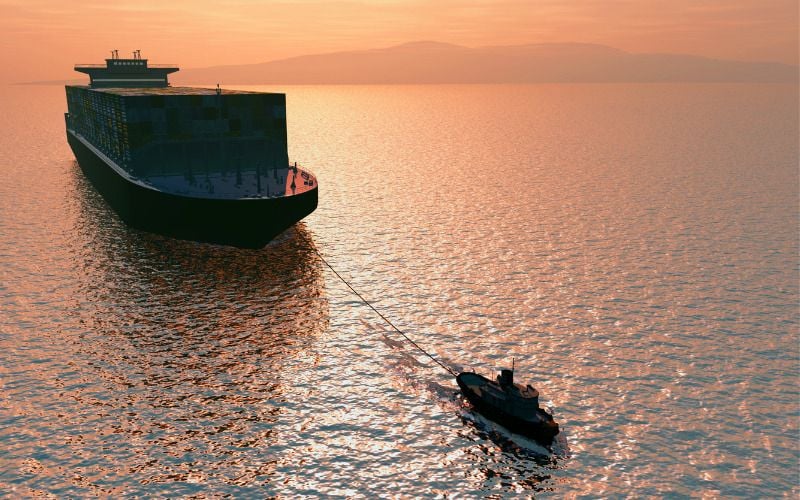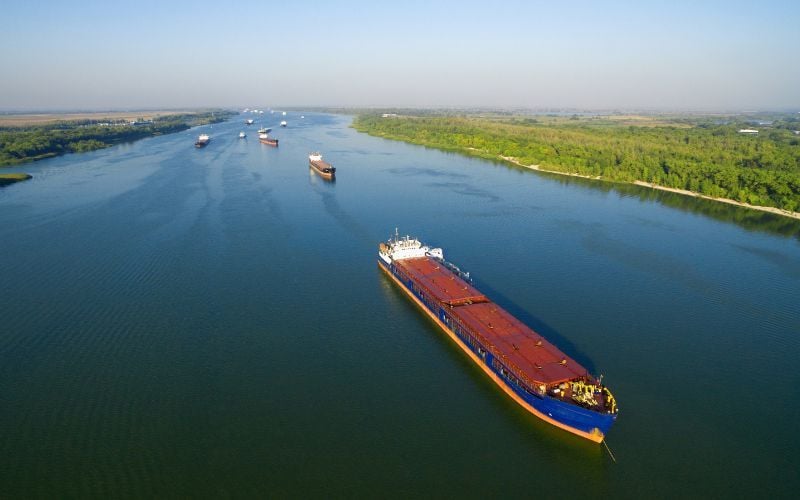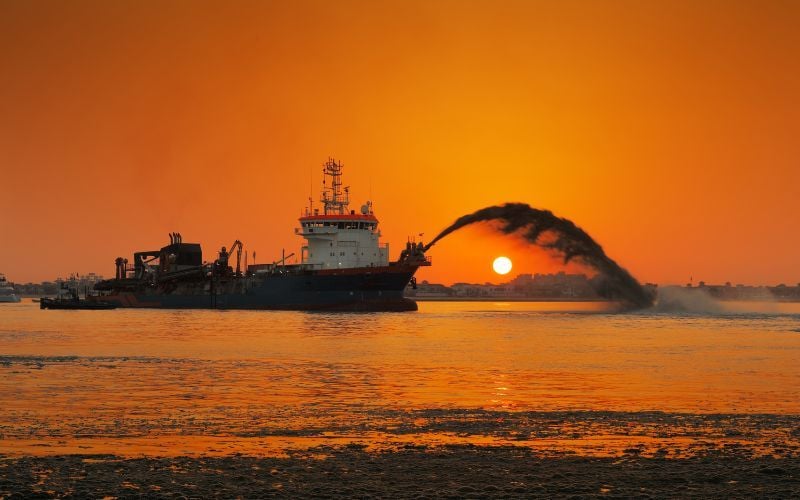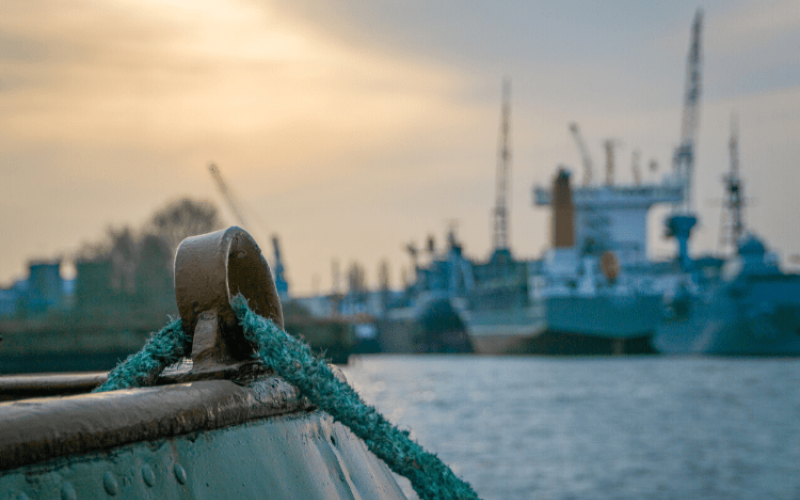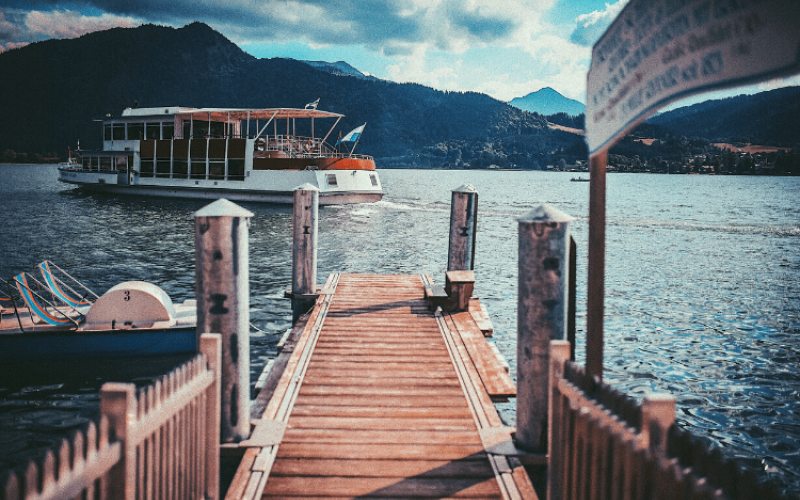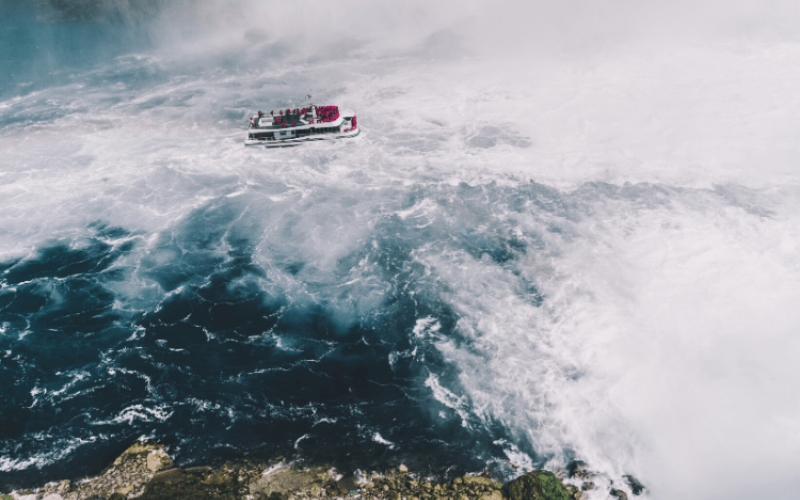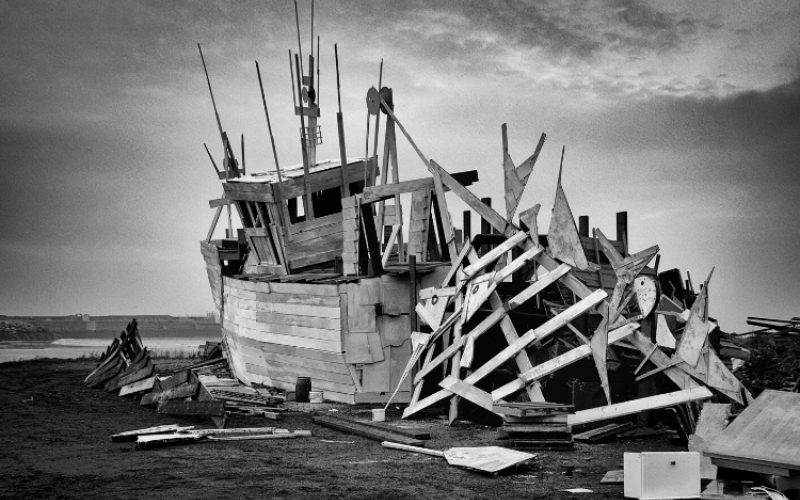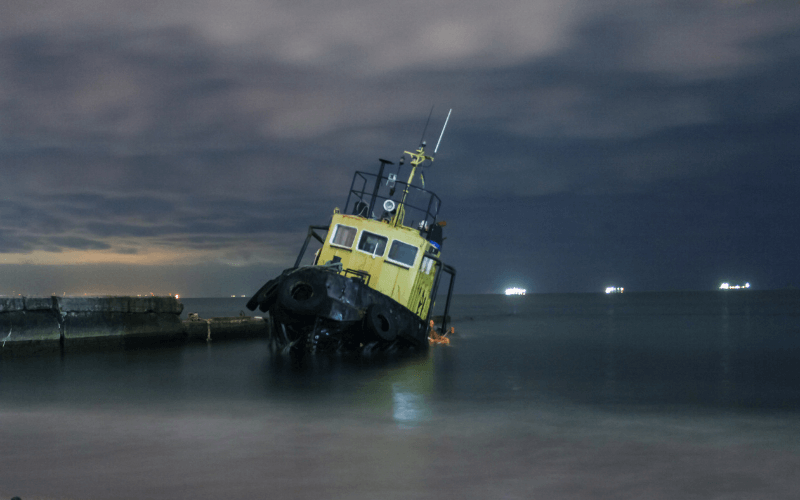Do I Need a Maritime Lawyer for a Boating Accident?

The laws and restrictions in a personal injury case tend to change when an accident occurs in a body of water because maritime law typically becomes part of the legal proceeding instead of the state laws. While each individual state governs the laws carried out on land, maritime law governs laws over bodies of water.
When does maritime law take precedence?
Maritime law takes over when water vessels become involved. This includes ferries, recreational boats, sailboats, yachts, charters, cruise ships, jet skis, and personal watercrafts. The list, as you see, can become quite extensive, which is why it’s most helpful in the case of a boating accident to lean on a maritime lawyer.
If you’ve been injured in a boating accident, it is imperative to know how the differences between maritime and state law will affect you receiving compensation for your injuries. Once an insurance claim becomes involved, this may also change how to progress through the incident.
Maritime laws aren’t the only laws that govern the ocean, though. Each state that borders a major ocean has its own laws that you must abide by when taking your vessel out to sea.
Common causes of boating accidents
Boating accidents are more common than you might think and they are generally caused by the following problems:
- Speeding while operating a vessel
- Boating under the influence of drugs or alcohol
- Negligence or inexperience operating a vessel
- Lack of boat maintenance or machinery failure
Statutes of Limitations in maritime law
If you are looking to file a case involving maritime law, there are Statutes of Limitations in different types of boating accidents, which means you have a certain amount of time after the incident to file legal action. The most common Statutes of Limitations over boating accidents are as follows:
- Longshore Harbor and Workers’ Compensation Act: An employee that’s been injured while working on a vessel has a year to file legal action to receive worker’s compensation.
- Death on the High Sea Act: In the case of a wrongful death, the family of the person killed in the incident has three years to file legal action.
- The Jones Act: An employee involved with the transportation of goods has three years after an incident to file a personal injury claim.
Steps to take if you’ve been involved in a boating accident
If you’ve been involved in a boating accident and want to pursue legal recourse, these are the important steps that you should take:
- Collect the insurance information from your employer and/or the owner of the other vessel involved in the boating accident.
- File an official report with the Coast Guard and your state’s waterway department for your employer or the owner of the other vessel.
- Get examined by a doctor. Even if you think you’re fine, you should still seek the expertise of a medical professional. Make sure to keep a copy of the medical records and bills involving the accident or injuries you sustained during the incident.
- Gather evidence for your case.
This can be a difficult process but you want to take all of these steps to ensure that you’re protecting yourself and being properly compensated for your injuries. This is where hiring one of our knowledgeable maritime attorneys will benefit you. We can help you through each of these steps so that you can focus on healing after the accident.
"*" indicates required fields




